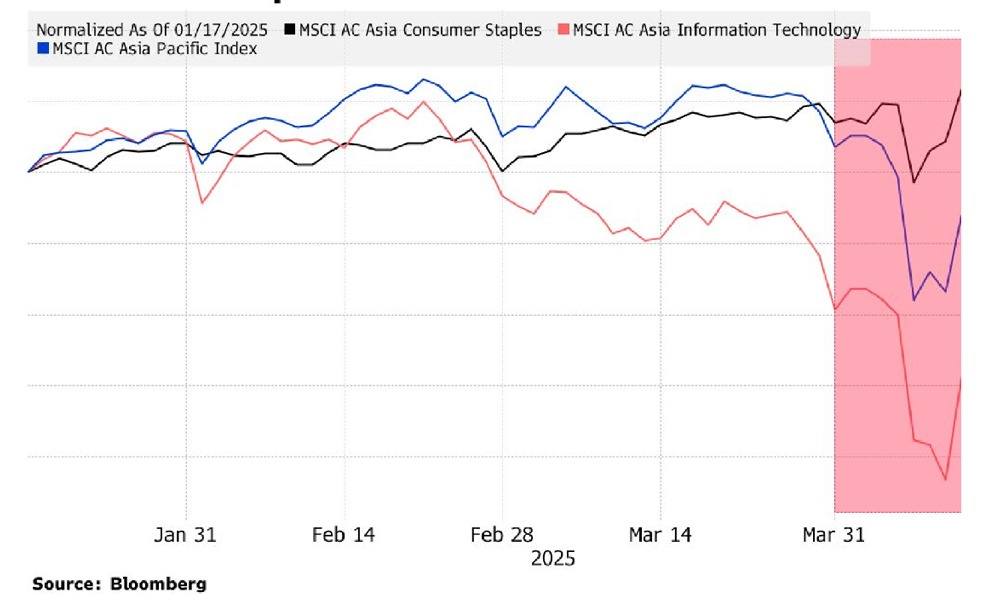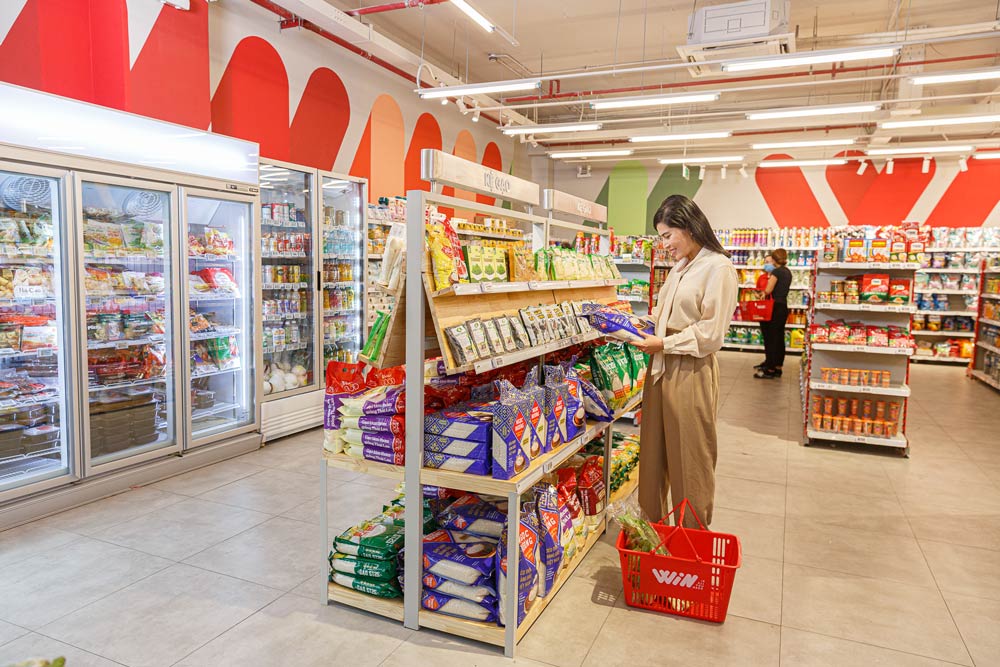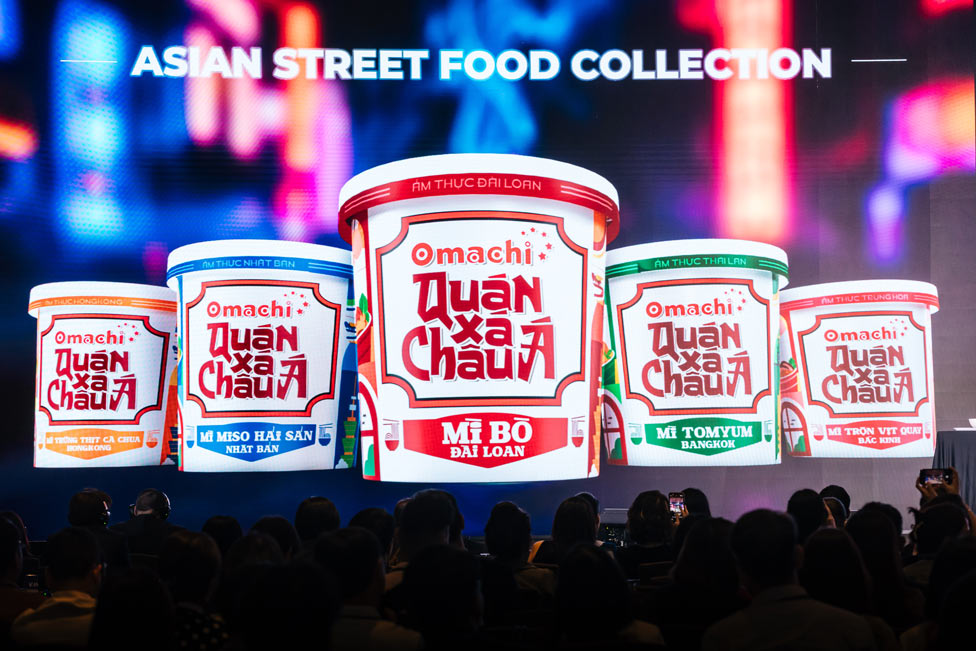Strategic milestone in shaping the role of the private economy
On May 4, the Politburo issued Resolution 68/NQ-TW, identifying the private sector as an important driving force of the socialist-oriented market economy. The goal by 2030 is that the private economic sector contributes 55% to 58% of GDP, with at least 2 million businesses operating effectively and forming at least 20 private corporations with the capacity to participate deeply in the regional and global value chain.

The Resolution also sets strong requirements for institutional reform, transparency of the business environment and reduction of at least 30% of compliance costs in 2025. At the same time, private enterprises are encouraged to invest in technology, improve labor productivity and expand scale in a sustainable manner. In that context, businesses that proactively innovate and have an integrated development foundation will play a core role in implementing national orientations.
Consumer - retail businesses respond to the policy
As one of the typical corporations in the domestic business sector, Masan has pursued a closed development model from production to consumption for many years. Mastering the supply chain from input to point of sale helps this enterprise optimize costs, control quality and increase operational efficiency - a prerequisite for the private economy to become a key force, with competitive advantages in the region.
According to the financial report for the first quarter of 2025, Masan recorded consolidated net revenue of VND18,897 billion, up 11.1% on the basis of equivalent (LFL) over the same period last year. EBITDA reached VND 4,003 billion, up 20.8%, while after-tax profit after tax allocation of minority shareholders (NPAT Post-MI) reached VND 394 billion, nearly four times higher than the first quarter of 2024.

This growth comes from all of Masan's main business pillars: Masan Consumer - an essential consumer goods manufacturer - achieved revenue of VND 7,489 billion, up 13.8% thanks to stable growth in key consumer goods industries.
WinCommerce - a modern retail chain with more than 4,000 stores - recorded revenue of VND 8,785 billion, up 10.4%, while maintaining a profit for the third consecutive quarter, reflecting a clear improvement in operational efficiency.
Meanwhile, Masan MEATLife - a branded meat segment - achieved a revenue of VND2,070 billion, up 20.4%, thanks to increased pork prices and a breakthrough in the processed meat product line.
Focus on domestic value chains
One of the key orientations of Resolution 68-NQ/TW is to promote private enterprises to master domestic value chains. Masan is gradually controlling the entire value chain from production to consumption, including stages such as livestock farming, processing, product development, and distribution through a wide retail system. The brands of this enterprise such as CHIN-SU, Nam Ngu, Wake-up 247, Kokomi, Omachi... have been present in 98% of Vietnamese households.

In addition, Masan's retail chain - WinCommerce, with more than 4,000 stores, is expanding strongly, especially in rural areas - an area that is rapidly shifting from traditional to modern channels, but still lacking a distribution system.
By expanding the network in this area, this unit is contributing to modernization, bringing convenient goods and services, and at the same time being an "extended arm" for Vietnamese goods to reach consumers across the country. It is known that this retailer focuses on promoting Vietnamese agricultural products by always maintaining a domestic product ratio of over 90% in the system.
In 2025, WinCommerce plans to open 800-1,000 more stores, bringing the total selling point to 4,500+, about 70% of new stores will be concentrated in rural areas.
Innovation and focus on technology
Global competition is increasingly fierce, technological innovation is a vital factor to maintain the advantage. At the General Meeting of Shareholders held in April, Masan announced a strong investment strategy in digital transformation throughout business and operations to optimize the supply and distribution chain, while interacting and serving consumers better and better.

The company will continue to implement the strategy of high-end, product innovation throughout the consumer goods segment quickly. For example, Masan will launch a new list of Omachi called "Asian Street Food". This initiative is aimed at a food market with an easy-to-reach price of only 1 USD, applying advanced technology applied in products such as homemade hotpot and homemade rice, providing convenient, high-quality meals at reasonable costs and a large potential market.
Not only focusing on the domestic market, Masan is also one of the pioneering private enterprises in promoting Vietnamese culinary culture to the world. In the first quarter of 2025, Masan Consumer's international revenue increased by 73.2%, mainly from major markets such as China, Japan, Korea and Southeast Asia.
With what businesses have been doing in the spirit of Resolution 68, Masan is expected to be one of the locomotives, leading the private economy, contributing to the overall development of the economy.












